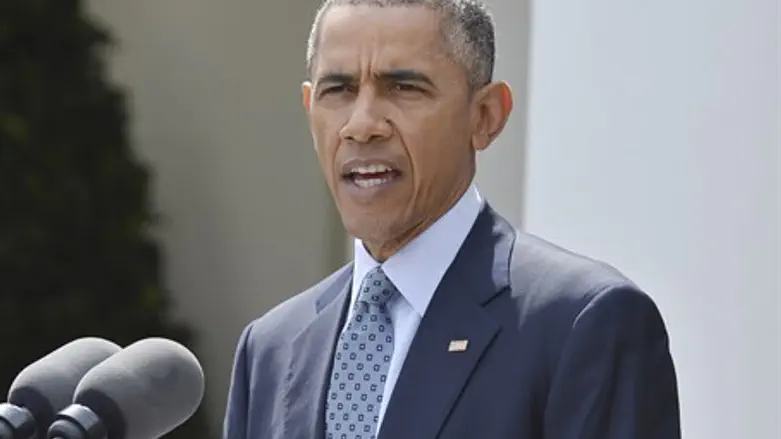
A bill looking to propose additional sanctions against Iran if a nuclear deal is not reached has been postponed, Republican Senator Mark Kirk stated to Bloomberg News Friday - this time, being delayed until the final agreement's own June 30 deadline.
Kirk remarked that the deal, which was announced Thursday, is more generous than Neville Chamberlain's offer to Nazi leader Adolf Hitler in Munich (in 1938), and that Congress would be hovering over the White House and US President Barack Obama during the final agreement negotiations.
Kirk, a longtime proponent of additional sanctions against Iran, introduced legislation several months ago that would mandate new sanctions only if a nuclear deal is not reached by March, a timetable that has already been extended past the original November deadline.
The bill co-authored by Kirk and Democrat Senator Robert Menendez is a toned down version of a previous bill they authored and which had gained momentum in Congress, but Obama lobbied hard against it and threatened to veto it.
A separate bipartisan bill that would allow Congress to approve or reject any nuclear agreement that President Barack Obama reaches with Iran is still in the works, Bloomberg revealed Friday, and Senate Foreign Relations Committee Chairman Bob Corker stated Thursday that the Committee will mark up the bill on April 14 - and it could be brought to vote anytime after that.
Corker added that the US will have to provide more details about the framework agreement, and that a State Department fact sheet released overnight did not give enough information for an informed decision.
Moreover, hours after the fact sheet was released, Iranian Foreign Minister Javad Zarif contested several key points - and insisted that the US was lying.
One core issue is whether, when, and how Washington would impose sanctions on Iran for breaking the deal.
“We don’t know what they would have to do for that to occur,” Corker said. “Congress can do something by weighing in on this deal. Congress’s role in this and concerns about this area could over time effect what actually happens.”
